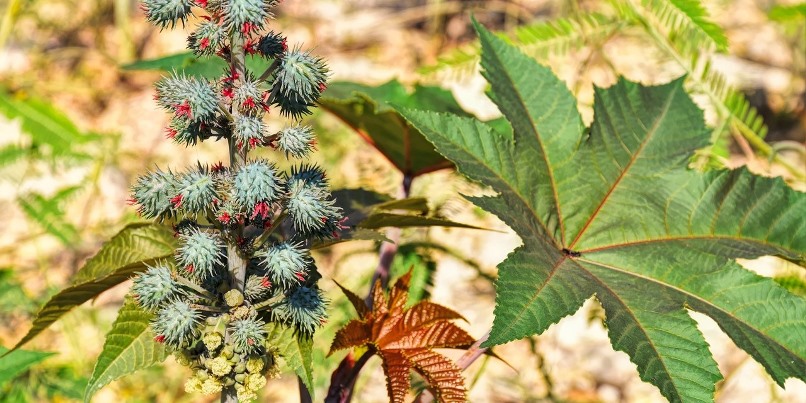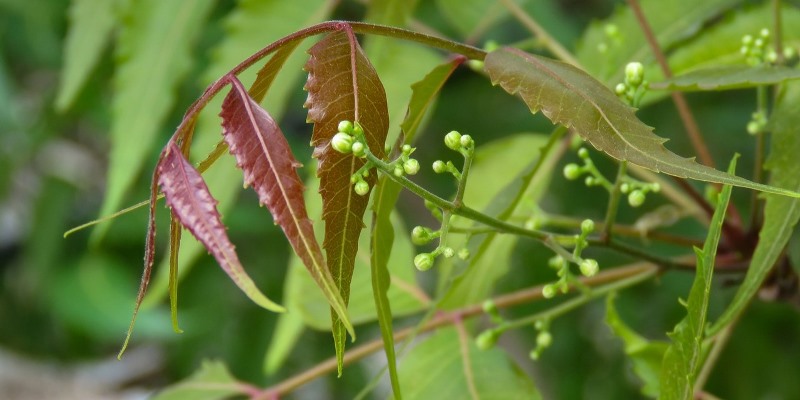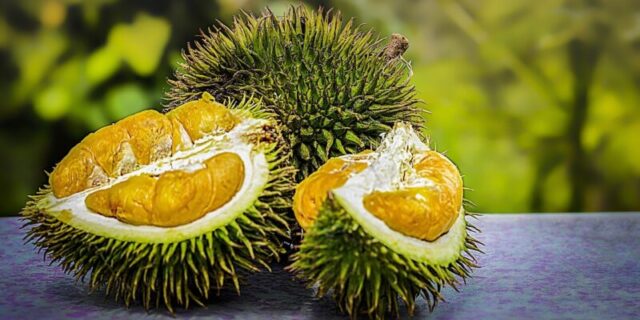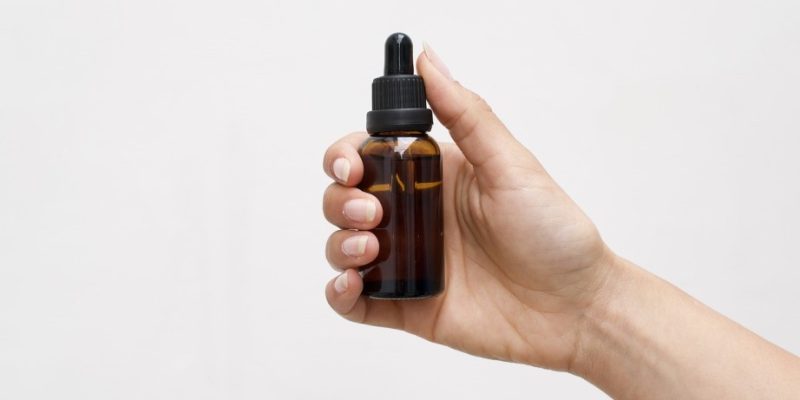
Castor Oil is a vegetable oil made from castor beans, which has been used throughout the centuries in traditional medicine applications. The so-called “castor beans” are actually the seeds of the Ricinus Communis plant, an indigenous species of the southeastern Mediterranean Basin, Eastern Africa, and India. Nowadays, the plant is widespread in most tropical regions across the world.
Mind that the raw castor beans (seeds) themselves are highly toxic due to the ricin they contain: a direct intake of four to eight seeds is considered to be lethal for adults. Of course, in the process of making the actual Castor Oil, the toxic properties are deactivated.

Today, Castor Oil is used in many industries, for instance, to manufacture soaps, lubricants, hydraulic and brake fluids, paints, dyes, coatings, inks, waxes and polishes, pharmaceuticals, beauty products, and perfumes.
In the food industry, it may also be used in food additives, flavorings, candy, and as a preservative to stop food from rotting.
In traditional medicine it has been used for millennia as a laxative (for instance, to get relief of constipation) and as a general detoxifier of the intestines. It can be used orally or topically. Evidence of the ancient use of Castor Oil is found in Egyptian Papyrus roles dating 1550 BC.
Other traditional uses of Castor Oil include applications for its anti-fungal, antibacterial and anti-inflammatory properties, to fight skin ulcers and cysts, to promote wound healing, to generally lubricate and moisturize the skin, or as an oil for massage, and to induce labor in pregnant women.
Castor Oil is widely used in combination with abdominal and fertility massage treatments, notably to create so-called Castor Oil Packs. It’s thought that these herbal packs can, for instance, unblock fallopian tubes, soften scar tissue and uterine fibroids, regulate menstrual cycles, or heal ovarian cysts, endometriosis, and intestinal problems of various kinds, just to name some health benefits.















